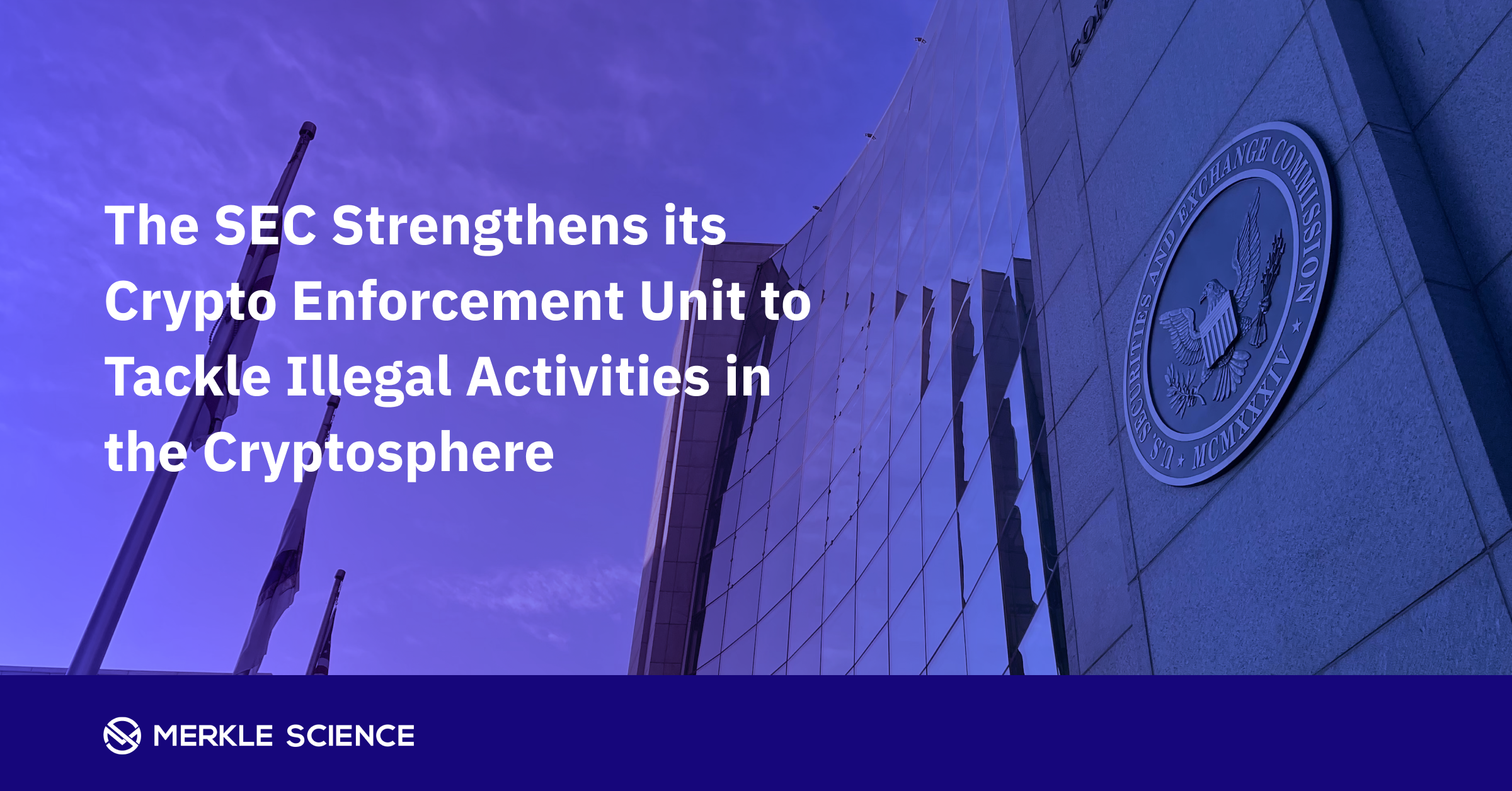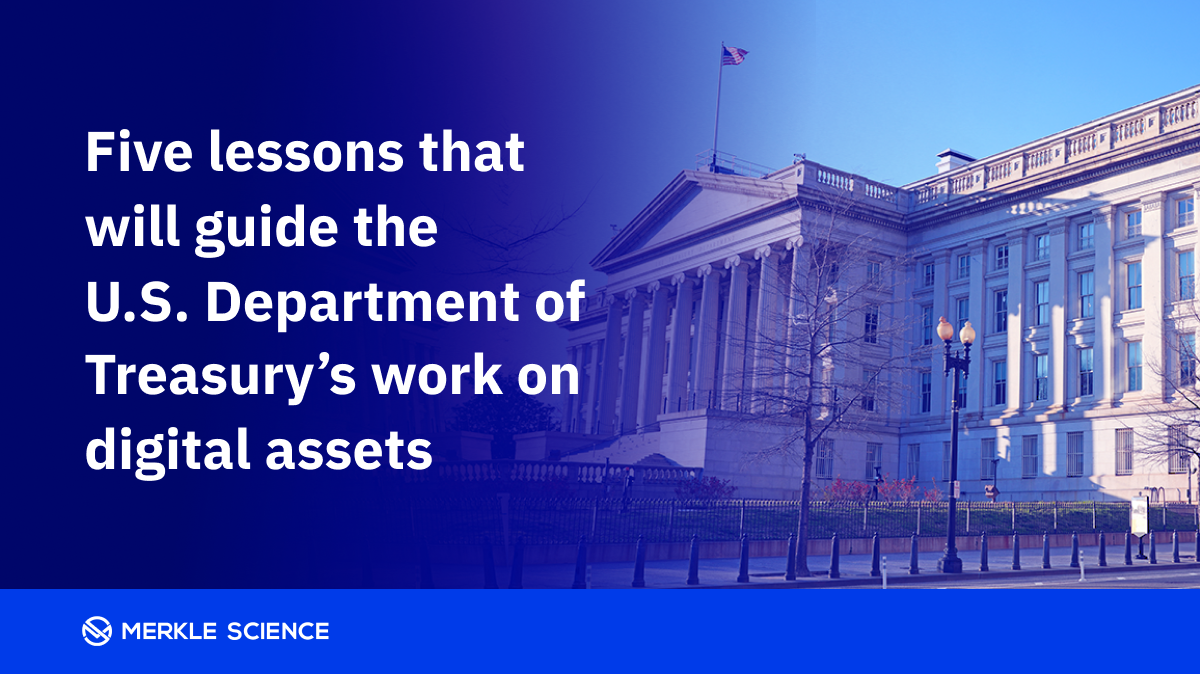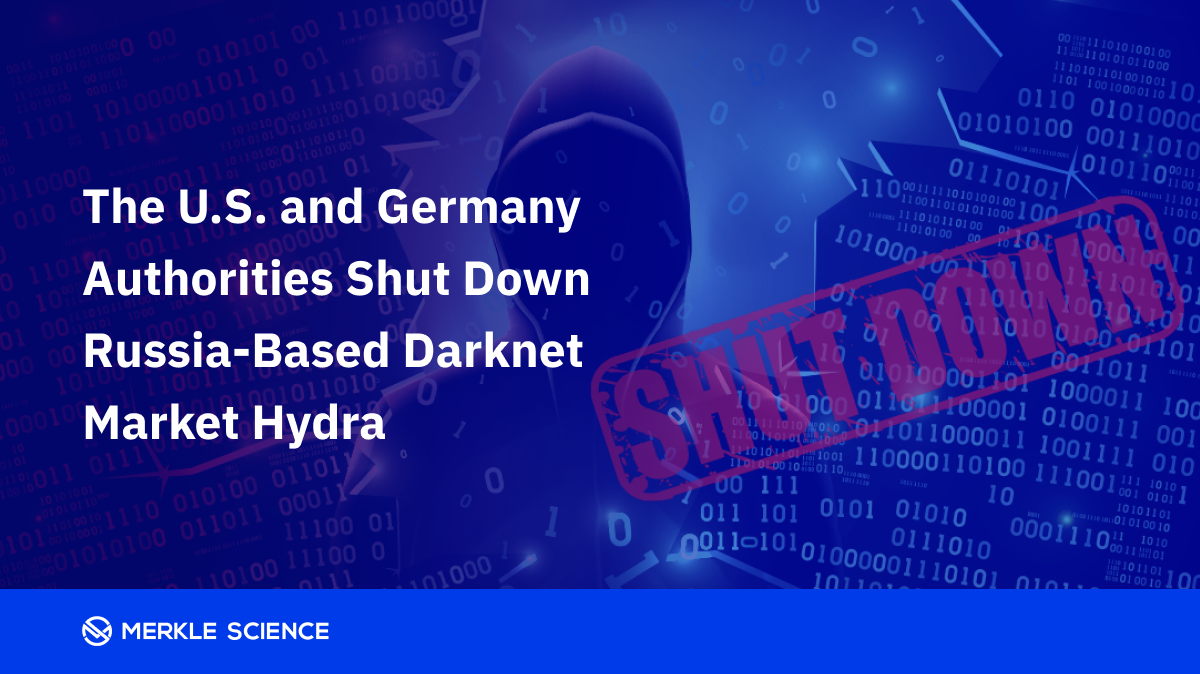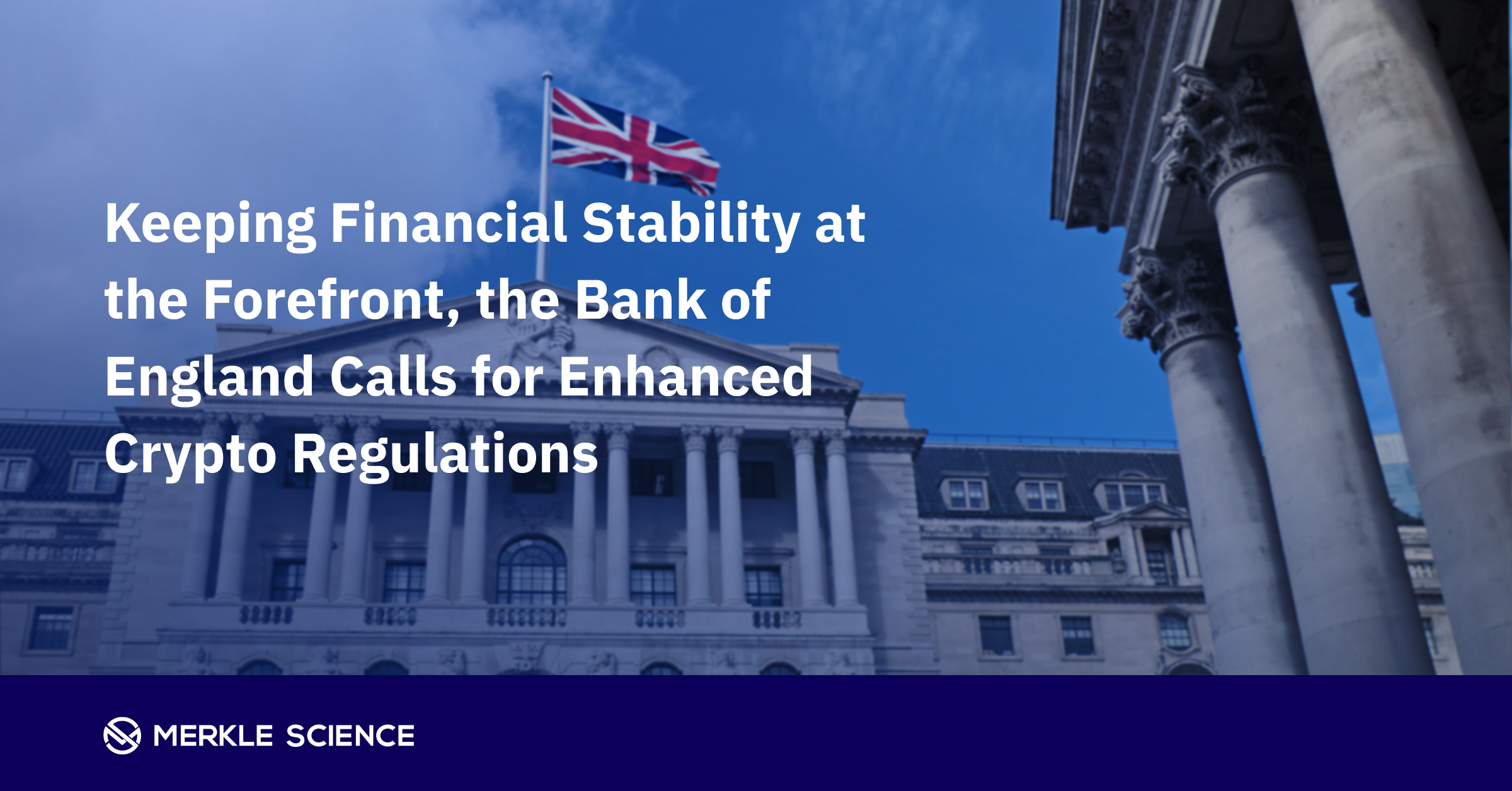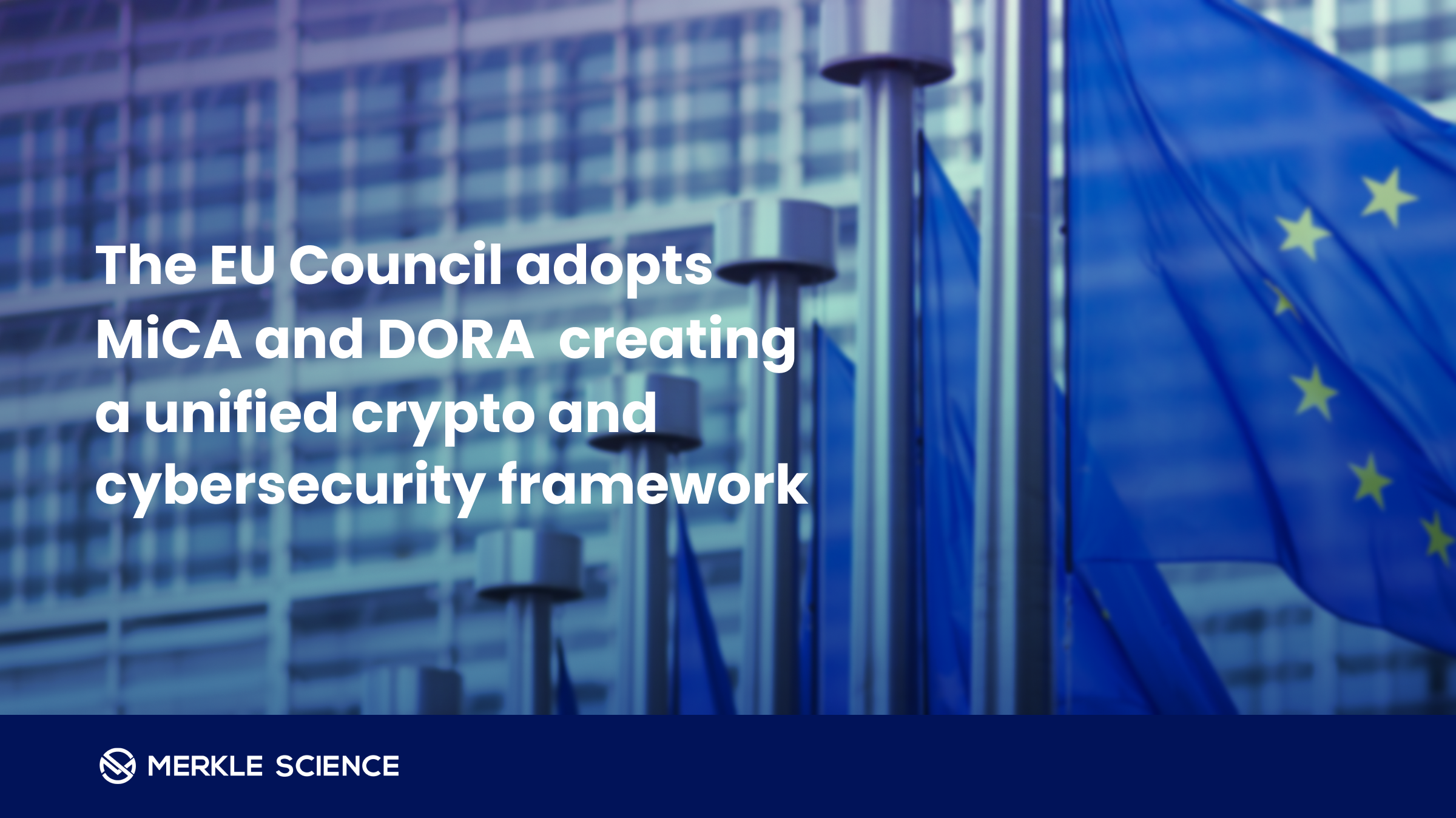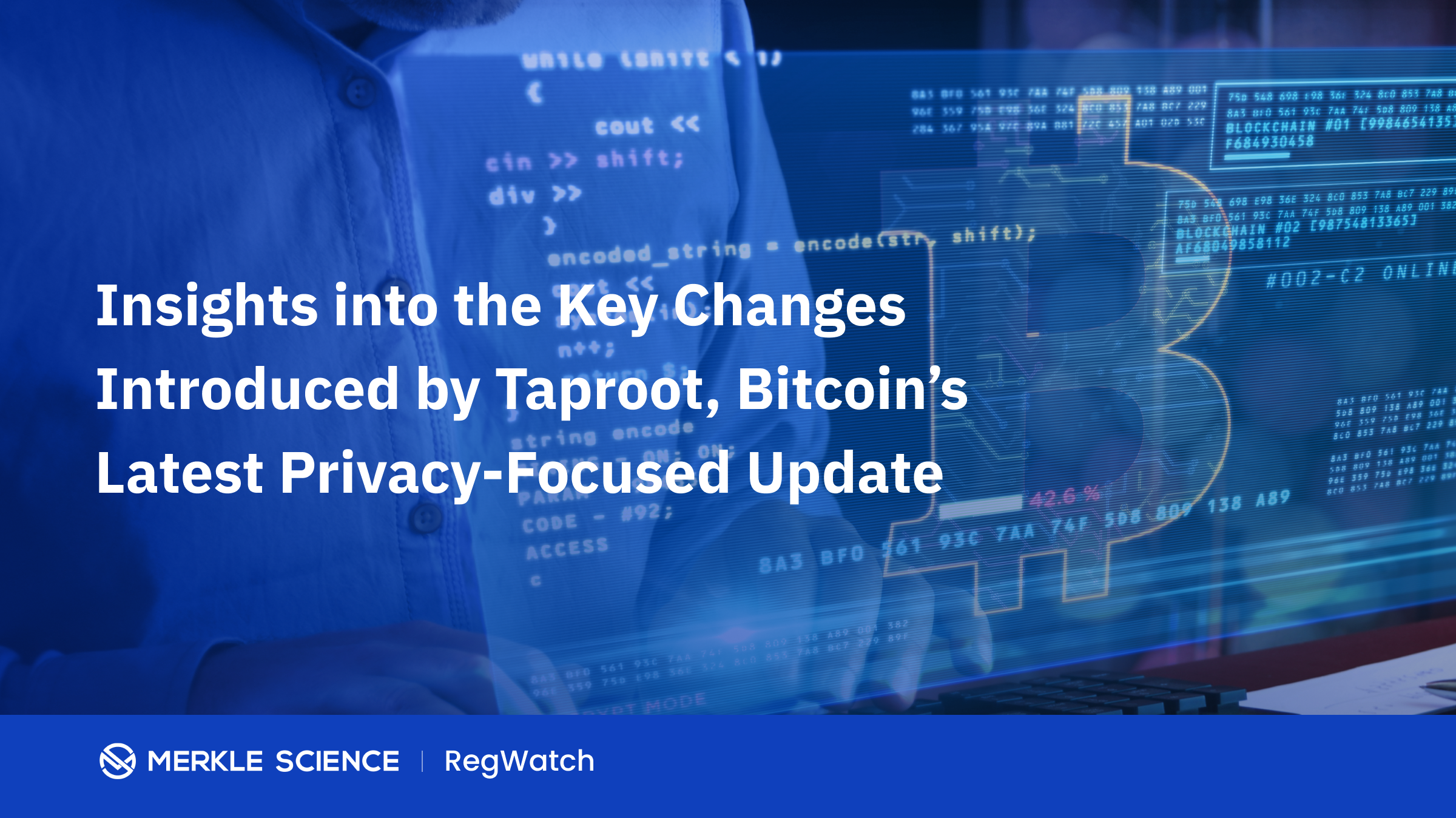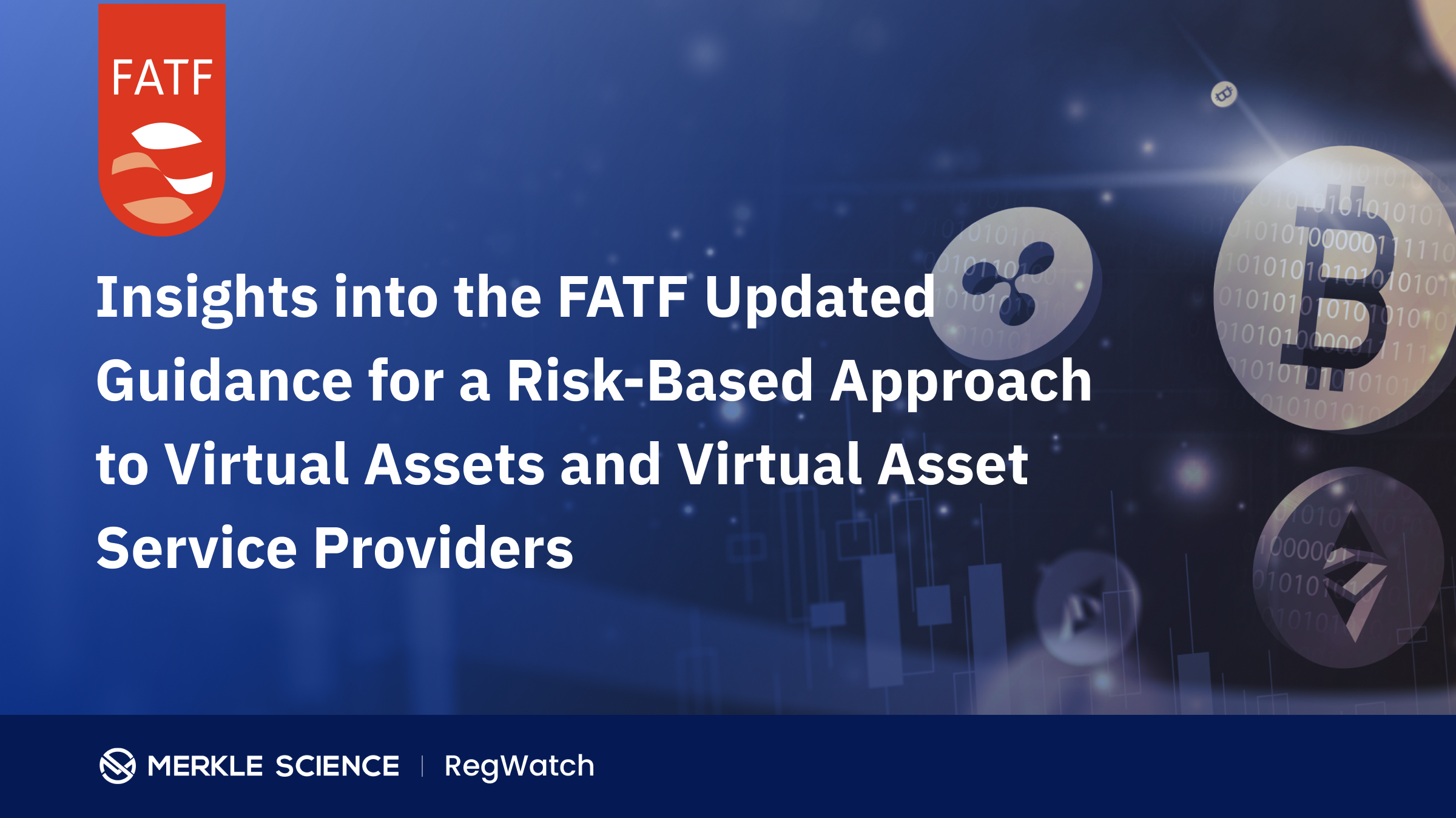The SEC Nearly Doubles the Size of its Enforcement Division’s Crypto Assets and Cyber Unit
On May 3, 2022, the Securities and Exchange Commission (SEC) announced that it is nearly doubling the Crypto Assets and Cyber Unit, bringing the headcount to a total of 50 positions. The SEC said that the 20 new additions include investigative staff attorneys, trial lawyers, and fraud analysts.



